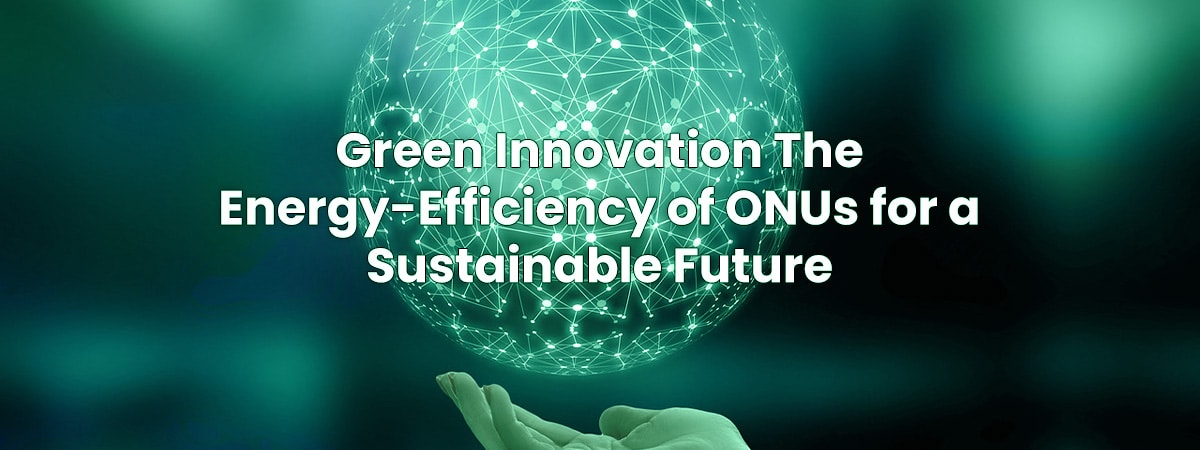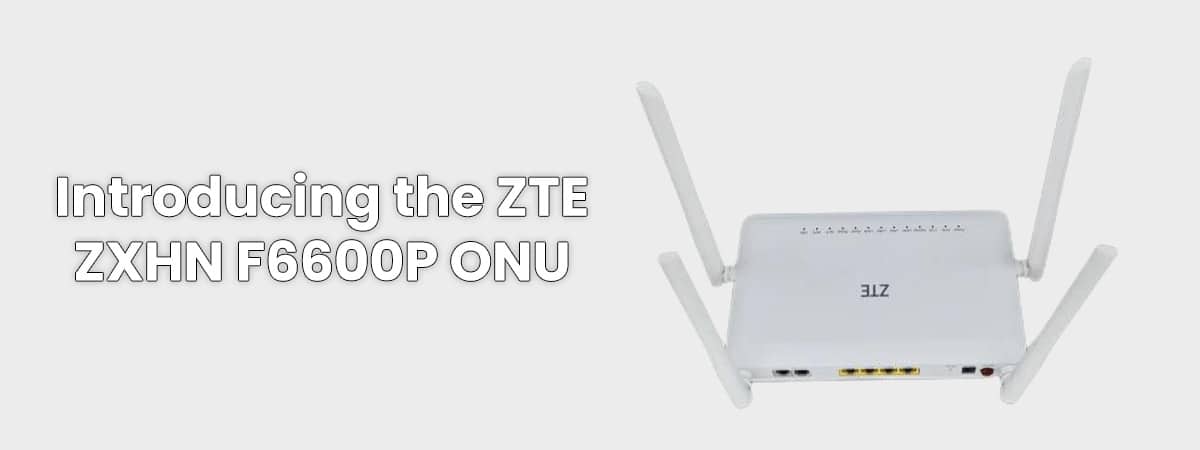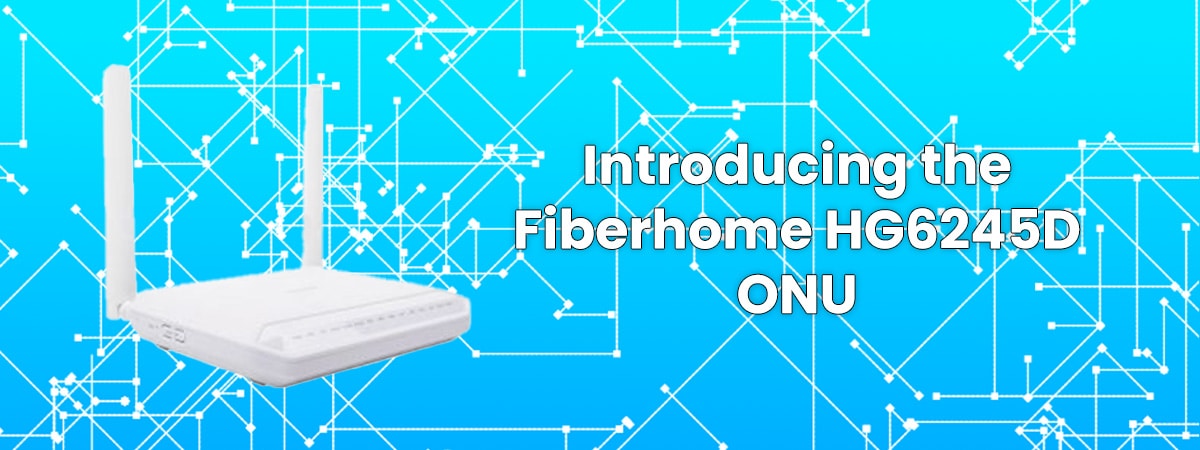In the pursuit of a sustainable future, technology is undergoing a transformative shift towards energy efficiency. Optical Network Units (ONUs), the crucial components of modern fiber-optic networks, exemplify this commitment to eco-consciousness. These small yet powerful devices are not only instrumental in delivering high-speed internet and digital services but also contribute significantly to reducing energy consumption and minimizing their environmental footprint. In this article, we delve into how the low power consumption of ONUs makes them energy-efficient and environmentally friendly, playing a pivotal role in shaping a greener digital landscape.
The Heart of Efficient Connectivity
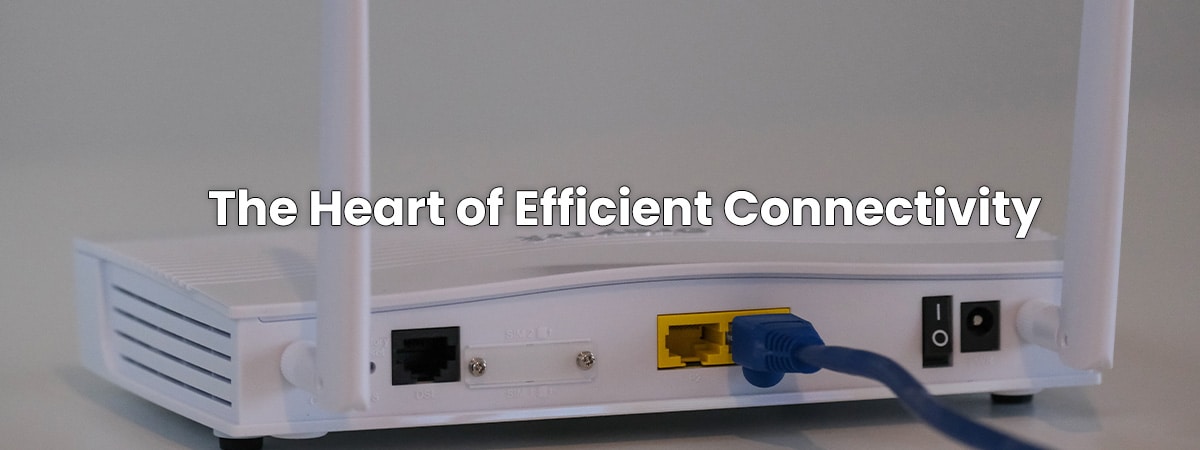
ONUs serve as the vital link between end-users and the service provider’s network. Their primary function is to convert optical signals into electrical signals that can be understood by computers, phones, and other digital devices. Despite their critical role, ONUs are designed to operate with minimal power consumption. This low power requirement stems from both technological advancements and a commitment to reducing the carbon footprint of the digital infrastructure.
Understanding Power Consumption
ONUs are engineered to optimize power usage without compromising on performance. Through intelligent design and advanced components, ONUs achieve efficient data processing, minimizing energy wastage. These devices are built with power-saving modes that activate during periods of inactivity, further lowering their energy usage. As a result, ONUs consume a fraction of the energy that traditional networking equipment would require to perform the same tasks.
Benefits for the Environment
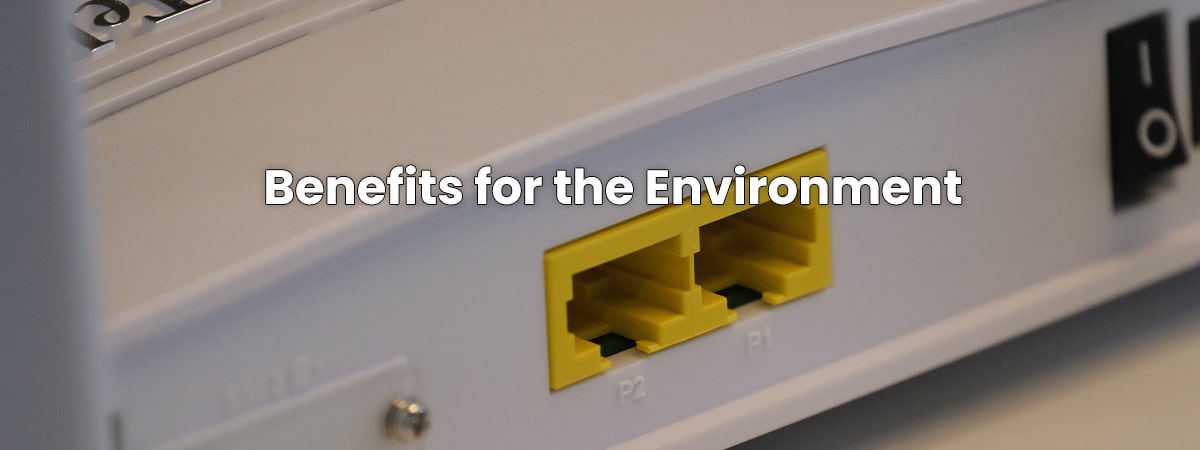
The energy-efficient nature of ONUs has a ripple effect on the environment. By consuming less energy, ONUs contribute to reducing the demand for electricity, thereby decreasing greenhouse gas emissions generated from power plants. This reduction in emissions aligns with global efforts to mitigate climate change and promote a cleaner, more sustainable world.
Empowering Eco-Friendly Practices
The adoption of energy-efficient ONUs aligns with the broader shift towards sustainable practices. Service providers, enterprises, and individuals who incorporate ONUs into their networks contribute to a more energy-conscious ecosystem. This alignment with green initiatives not only reduces operational costs but also reflects a commitment to responsible resource management and environmental stewardship.
Building a Greener Digital Future
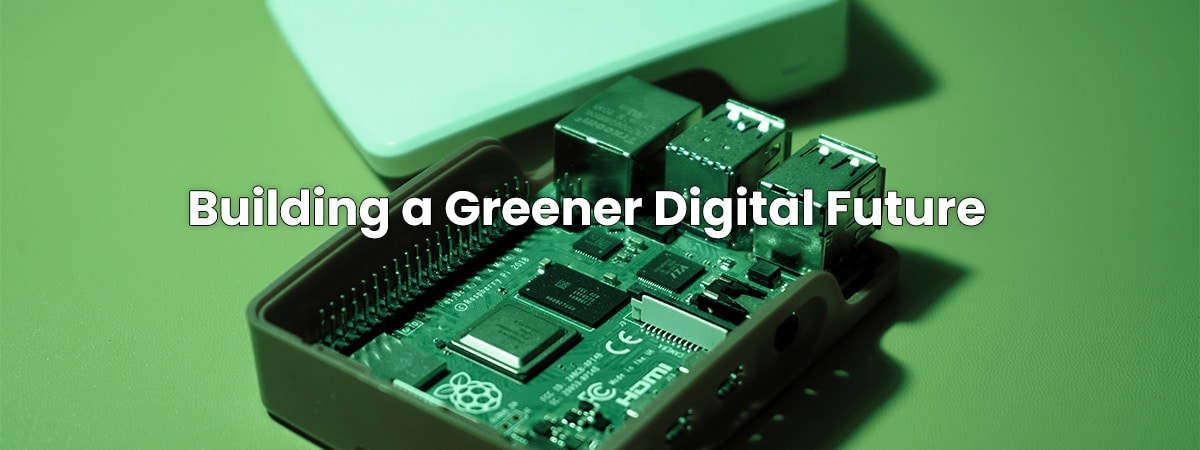
As the demand for digital services continues to rise, so does the importance of addressing their environmental impact. ONUs exemplify the fusion of cutting-edge technology and environmental responsibility. Their low power consumption not only drives operational efficiency but also reflects a commitment to building a greener, more sustainable digital future.
In conclusion, ONUs stand as shining examples of how technology can be harnessed to create a more sustainable and energy-efficient future. With their low power consumption, these unassuming devices play a significant role in reducing energy demand, lowering emissions, and promoting a greener digital landscape. As the world continues to embrace innovation, the energy-efficient design of ONUs showcases the potential for technology to align with environmental stewardship and contribute to a more sustainable tomorrow.
